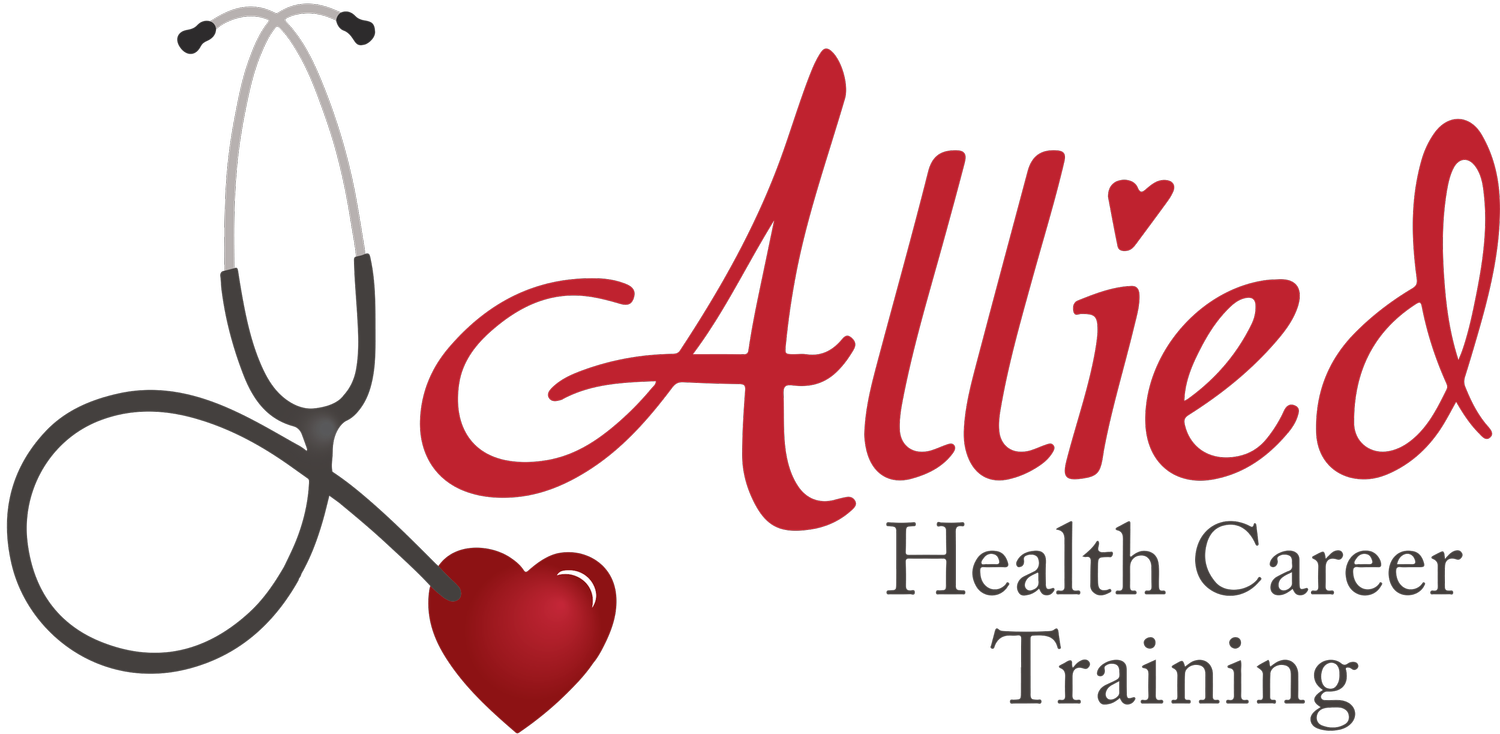We often associate heart attacks and coronary (cardiac) arrest together. While both come on suddenly and can be fatal, there is a difference.
The difference is that in a coronary arrest, the heart stops beating, or has a rhythm that cannot support life for long. Death is imminent, and very swift action is needed.
An electrical problem that occurs when the heart suddenly stops beating or beats too ineffectively to circulate blood. Symptoms include:
Sudden loss of consciousness
Lack of pulse
No breathing
Sudden collapse
Weakness
Heart palpitations
If someone is experiencing cardiac arrest, you should:
Call for the nurse STAT!
CPR needs to begin immediately (unless they are a DNR – do not resuscitate)
Call 911 and get your AED and follow the steps.
Continue CPR until professional emergency medical services arrive.
A cardiac arrest can be caused by:
A blockage at the base of one of the large coronary arteries.
Electric shock or lightning strike
Drug overdose (illegal or prescribed)
Extreme illness
What is Angina?
Angina is chest pain or discomfort that occurs when the heart muscle doesn't receive enough oxygen-rich blood. It's a common symptom of coronary artery disease (CAD), which happens when plaque builds up in the arteries that supply blood to the heart. It differs from an MI as angina is a common symptom of heart disease. For many angina can be managed by learning the triggers and knowing when to rest or take medication. But sometimes, angina can be a sign of a heart attack, which is why it is important to act swiftly. If a resident has known CAD (coronary artery disease) and during exertion, they experience chest pain, it is important to get the nurse for an assessment. A very common medication is NTG, nitroglycerin. NTG can be administered in many ways, some residents are prescribed a nitro patch which is put on in the morning and removed at night. NTG can also be given in a long-acting capsule or tablet, it is important not to crush these. Most common for someone who is experiencing Angina is nitroglycerin given sublingual (under the tongue) up to 3 tablets can be given 5 min apart, this requires good blood pressure and pulse before each tablet. The resident must be sitting or lying down in a safe place and be closely monitored.
Cardiac medications are very important to the well-being of the resident and the CMA must be careful to do good VS and observe for any signs or symptoms that something might be wrong.

